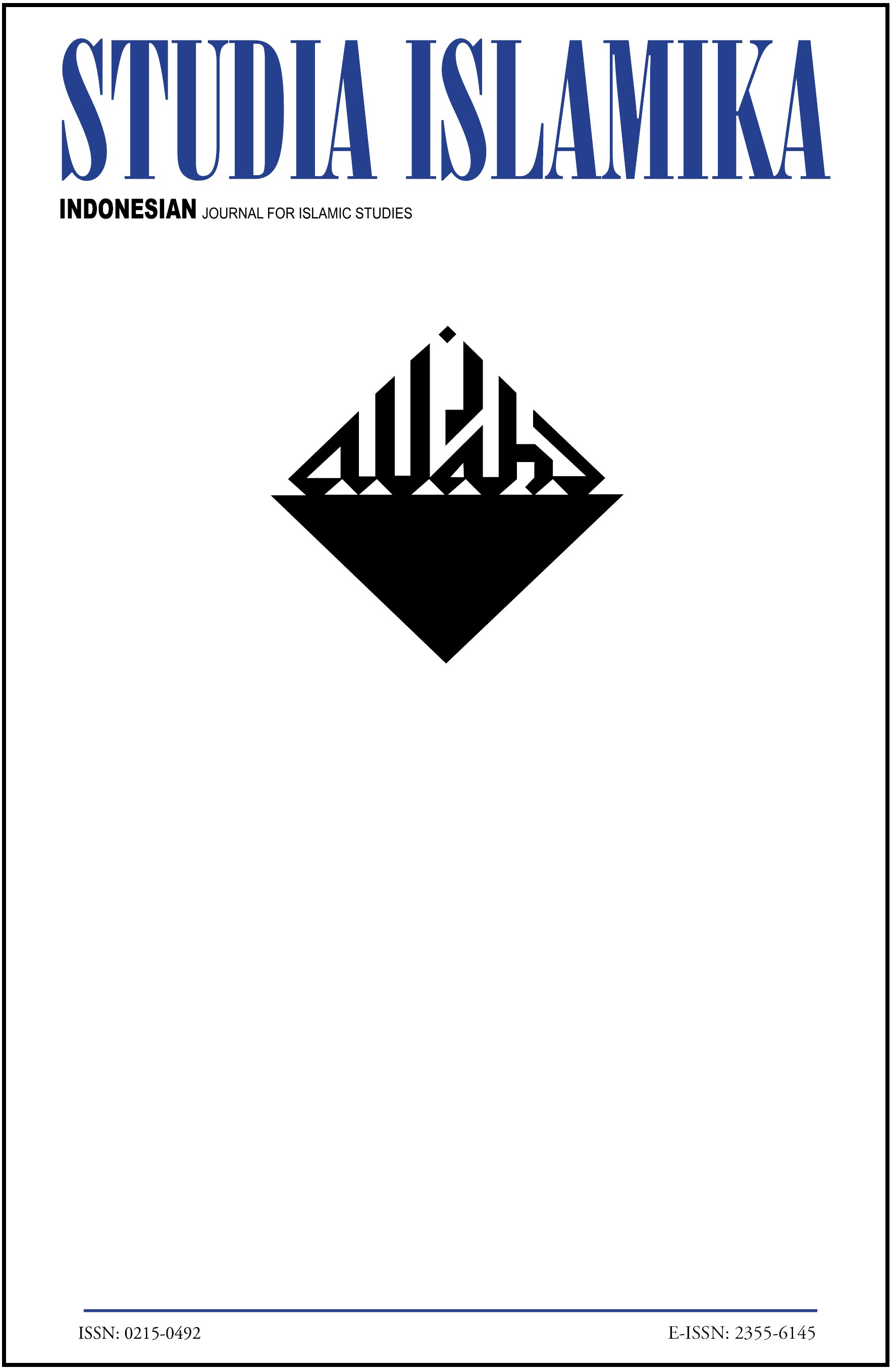Abstract
Syafiq Hasyim. 2023. Shariatization of Indonesia, the Politics of the Council of Indonesian Ulama (Majelis Ulama Indonesia, MUI). Leiden: Brill. Wael Hallaq. 2013. The Impossible State, Islam, Politics, and Modernity's Moral Predicament. New York: Columbia University Press. The two works discussed in this book review examine how Sharia norms are negotiated and accommodated in modern nation-states. This process is inevitable as Muslims are confronted with the persistence of the nation-state and the theological obligation to apply Sharia norms in their lives. Although Hallaq's work is very pessimistic in saying that paradigmatically the two systems are impossible to reconcile, his work can serve as an important background for understanding Hasyim's work which discusses in detail how Sharia is accommodated in the legal order and public life in Indonesia, highlighting the role of the MUI as the main institution of this accommodation process. Hasyim's work tries to answer three important questions: how and in what way MUI plays a role in the process of sharization; what its implications in law and public life in Indonesia are and how the process came about; and how the state and society respond to this sharization.Authors who publish with this journal agree to the following terms:
- Authors retain copyright and grant the journal right of first publication with the work simultaneously licensed under a Creative Commons Attribution License that allows others to share the work with an acknowledgement of the work's authorship and initial publication in this journal.
- Authors are able to enter into separate, additional contractual arrangements for the non-exclusive distribution of the journal's published version of the work (e.g., post it to an institutional repository or publish it in a book), with an acknowledgement of its initial publication in this journal.
- Authors are permitted and encouraged to post their work online (e.g., in institutional repositories or on their website) prior to and during the submission process, as it can lead to productive exchanges, as well as earlier and greater citation of published work.
Downloads
Download data is not yet available.

